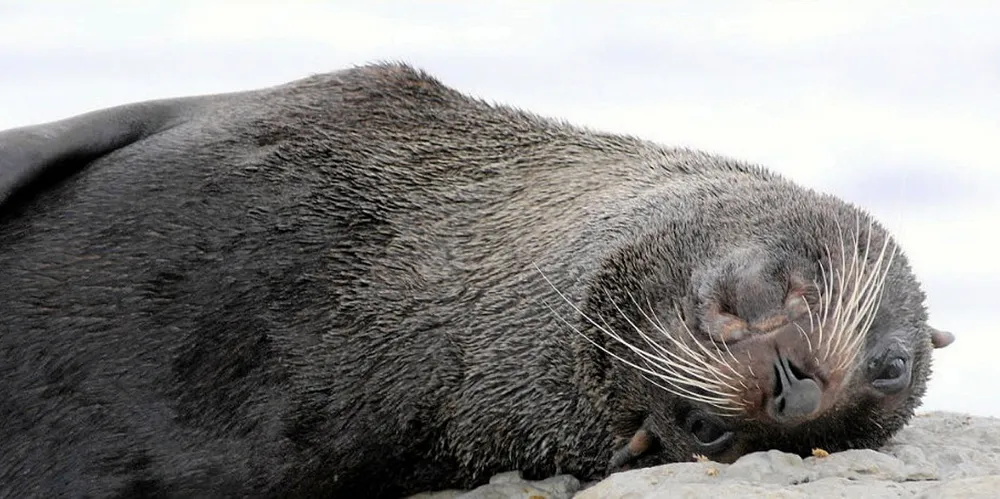JBS-owned salmon farmer Huon responsible for majority of seal deaths in Tasmania, government report shows
The long-nosed fur seal is now classified as a threatened species in Tasmania.

The long-nosed fur seal is now classified as a threatened species in Tasmania.
